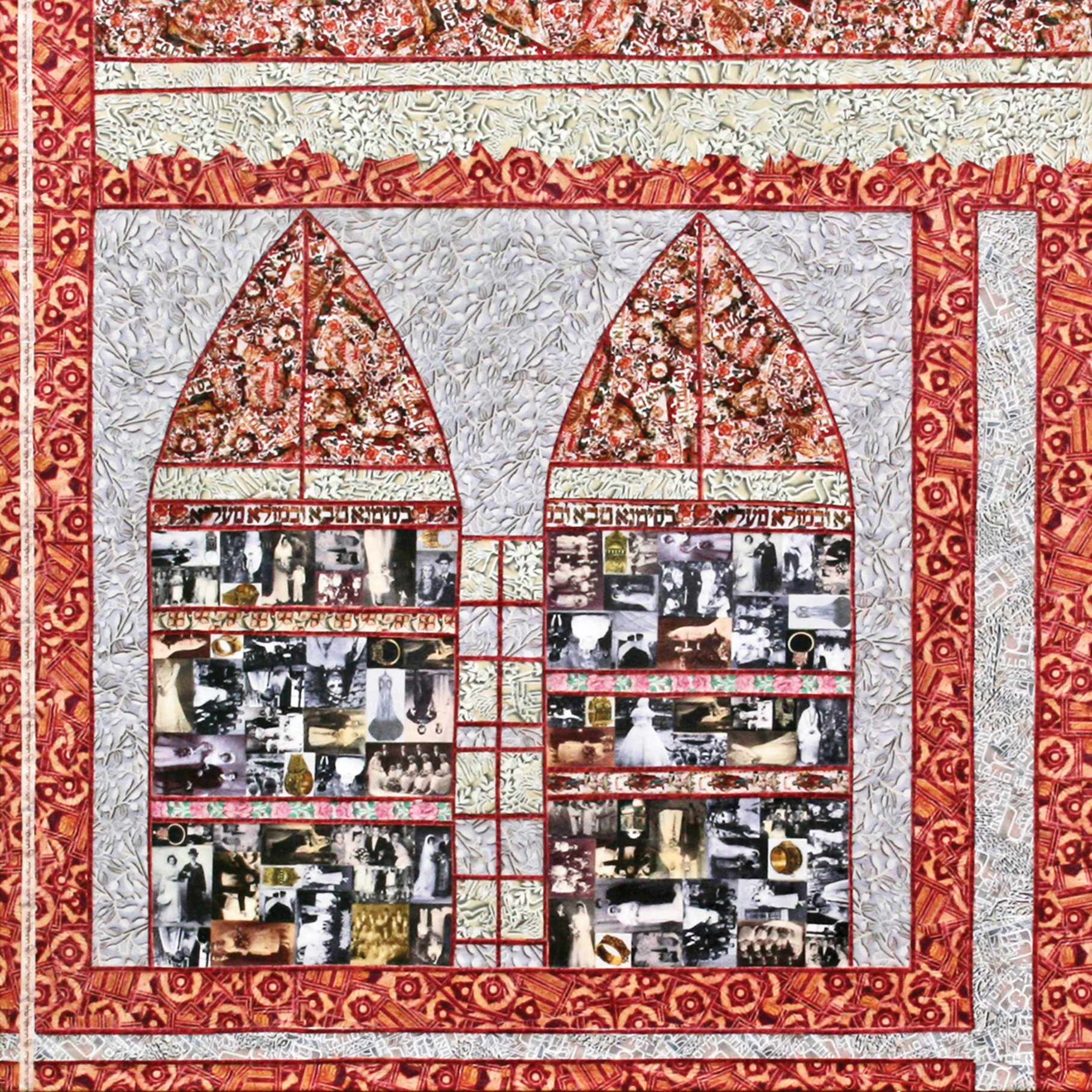Love Carved in Stone
Lesson Six

Lesson Six — Words of Love: Hold Your Marriages Sacred
The Seventh Word
Primary Scripture: Exodus 20:14, Genesis 2:18–25, and John 8:1–11
Worthy Relationships
There is little in the human experience more painful than being betrayed in close personal relationships. Whether we are betrayed by a spouse, a family member, a friend, or another close and trusted person, it hurts every time. In large and small ways, and as betrayed and betrayer, we are no strangers to betrayal.
I assume that most of us have been faithful in our marriages and we know that adultery is never okay. We also know that it is rarely that simple. It is my belief that betrayal usually starts from a wound in the human heart that is unacknowledged or unaddressed. Perhaps it is a deep wound to our self-esteem that leads to a constant need for exceptional validation from another, or from a string of anothers. Perhaps it is a feeling of powerlessness that leads to the sharing of secrets that are not ours to share. Perhaps it is a feeling of fear that leads us to betray before we are betrayed. Perhaps it is a feeling of inadequacy that leads to seeing others as rivals rather than allies and to tearing down others as a survival skill. It is always something. Betrayal is usually an anesthetic, at least it is for a moment, until it becomes a weapon.
In marriage, we can adulterate our relationships in ways that have nothing to do with sex but everything to do with priority. If a spouse feels lonely, unheard, or unappreciated, the relationship has, in some way, been adulterated or watered down. It is no longer ezer. Please pay special attention to this concept in the lesson (see page 72 in the English edition of the study). It is life-changing!
In this Word God urges us to create relationships of safety, mutuality, and trust. Relationships built on these things form the foundation of the beloved community. These sorts of relationships take time. They take commitment. They take careful honesty. They take lavish gratitude and opened-eyed generosity. And, they take commitment to personal growth as well as to growth and development in the marriage. When both partners are not growing and developing as individuals as well as a couple, marriages are rarely safe states.
I have never had children of my own, so take this observation with a grain of salt, but I have noticed in 35 years of pastoral ministry that marriages seem most vulnerable when one or both of the partners shifts their primary relationship from each other to their child or children. That is a lot of freight for a child to carry and it can fray the connective tissue between the parents.
We can adulterate any of our important relationships with betrayals of all sorts. This is obvious when we betray confidences, or sink to gossip or innuendo, regarding people who consider us safe friends. We can also become unsafe betrayers when we don’t make time for our friends or family members.
It seems to me that we can also “commit adultery” against ourselves. Our relationship to ourselves is obviously a primary one, and one in which we must make a commitment to safety and kindness. If we fail to keep our agreements with ourselves (to work on physical health, to nurture spiritual health, to connect meaningfully in the church and world) we come to see ourselves as untrustworthy and our emotional and spiritual energy is depleted. We can also, gradually, cease to believe that change is possible and that we are worthy and beloved.
Obviously, too, we can commit adultery against God. The great prophets of scripture fill their pages with the imagery of Israel as the faithless spouse of God. What are ways that you have been faithless to God? Have you turned to other people or things, looked to them to do for you what only God can do? Do other priorities come first when you make commitments of time, energy, and resources? Are there aspects of God’s values (like loving the enemy or bringing a full tithe to the church) that you out and out reject?
How much time do you spend with the “spouse of your soul?” Are there ways that you have accommodated the divine relationship to other beliefs or desires? I suspect that for many of us, the answers to these questions lead us to a need to confess and recommit to our primary relationship with God. Take time now to do that—remembering that God is never unfaithful and grace is always abundant.
Be careful with your relationships. They matter.
Eugenia Anne Gamble
Author of the 2019–2020 PW/Horizons Bible Study
******
Purchase a Love Carved in Stone Bible study book (item number HZN19100) and study along with us.
Call 800/533-4371 or order online
